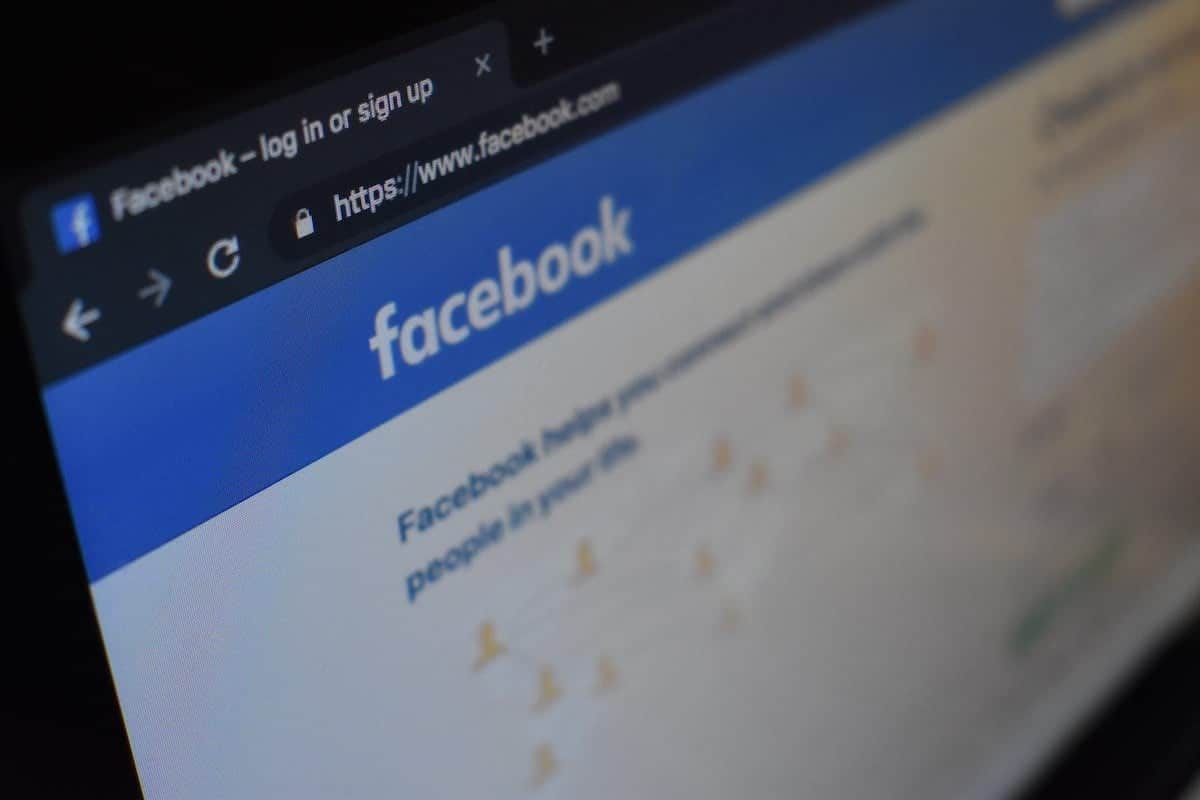When it comes to a website, there’s no one size fits all. As a web designer, I typically work with businesses that have a significant part of their business happening online. Sometimes that’s the attracting, funneling and nurturing of traffic into sales leads (that’s common to almost every business); sometimes that’s eCommerce; sometimes it’s online course building and sales, or online booking and sales for real-life, in-person services.
Occasionally, I get inquiries from business owners who aren’t sure if they really need a full-blown website for their business. For example, if you have a small business that mostly serves those local to you, pick your favorite search engine and search “[your trade here] near me”. The results you see might be mostly Google My Business, Yelp, Angie’s List, Facebook, or other big-name directories or social media platforms. This might make you wonder, why not just make sure your business is on all those platforms and call it good? After all, your customers could easily find you that way without the expense and hassle of owning and running a website.
It’s important to have a high quality listing on any platform that is popular with your target audience, like Facebook. But consider carefully and think long-term before deciding that’s all you need.
Here’s some food for thought.
When you make a business page on Facebook, you don’t really own it. Facebook does. So they control who sees it, and how it appears.
Some business owners, especially ones just starting out, may find a measure of success with only a free page for their business on Facebook. After all, it seems to cover all the bases. When a potential customer googles your business name, the first result may be that page, and it’s got your number, your location, all the services or products you offer– who could ask for more?
What if you pay Facebook for advertising? You might have some success in this. Paid advertising through Facebook can be a valuable part of a healthy online strategy. But if it’s your only source of leads, you might be building your business on a shaky foundation.
After all, Facebook takes money from all comers, including your competition. In fact, they’re advertising your competitors to your customers right on your own page– just take a look at the “related pages” section of your own business page. To see your related pages, log out of Facebook and then visit your business’s official Facebook page.
If your business relies on paid advertising through Facebook, at any point, your source of leads could dry up, or your strategy could require a complete change, or advertising could become too expensive to be worth the quality of leads it produces.
And that leads to another potential concern.
Do you really want the business you’re getting from Facebook?
Is it possible for leads to harm rather than help your business? If they are low-quality leads, not your ideal customer, and they can’t afford what you’re offering– yes, they can do more harm than good.
If you are in an extremely niche, less competitive market, or if you are already at the top of your market, you may want all the traffic that Facebook can send your way. For those in that position, Facebook is a goldmine of word-of-mouth advertising. Without spending a dime, they get priceless advertising as customers tell their friends and leave five-star reviews.
However, if you are in a competitive market or if you are just starting out or ramping up your marketing, the leads you get from Facebook may be a little different. If you don’t have your ideal customer targeted, chasing those leads can mean running a race to the bottom.
All things being equal, a smart consumer will pick the cheaper option.
Of course, all things are not equal. Your business has unique selling points that put you head and shoulders above your competition. But having a page that looks exactly like the other guy’s does tend to level the playing field…
Essentially, advertising on Facebook in a crowded field leads to low-quality leads who aren’t willing to spend. Those customers are always the hardest to please, and when it’s all over they rarely leave nice reviews. And if they do tell friends, you might find that those friends are just like them.
On the other hand, with a decent website, you could be getting qualified leads for free by capturing the audience that is actively searching for you.
Bottom Line
Even if you have a measure of success, you don’t own your facebook page– so if it’s your sole source of leads, your business could dry up at any moment.
Your Facebook page looks exactly like everyone else’s, so it’s hard to stand out from the competition.
It’s better to have your own platform if you plan on long term success.

One thought on “I’ve got a Facebook page– do I really need a website?”
Comments are closed.